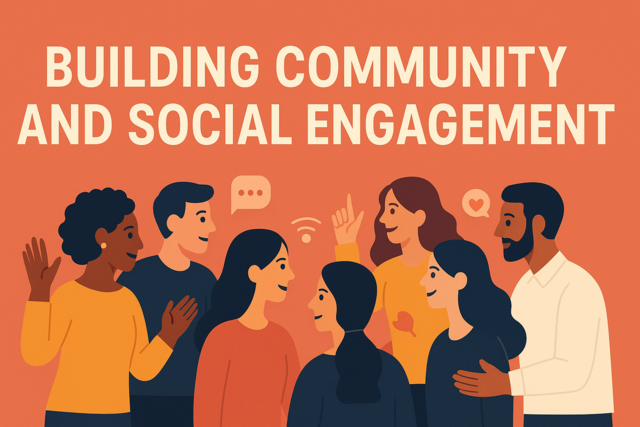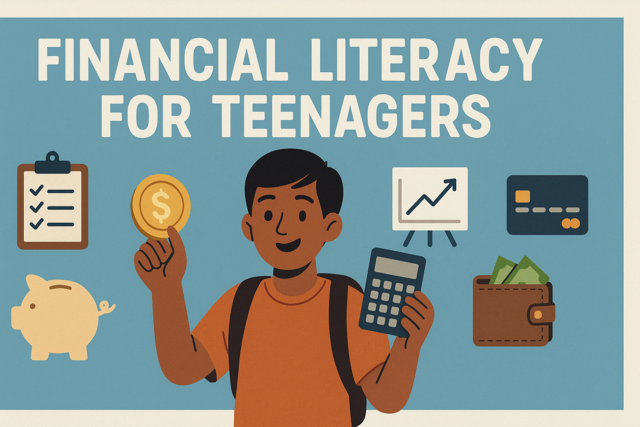Online Class: The Role of Peer Support in Trauma Recovery — Building Community and Resilience

no certificate
with CEU Certificate*
-
15Lessons
-
22Exams &
Assignments -
3Hours
average time -
0.3CEUs
Course Description
The Role of Peer Support in Trauma Recovery
Imagine walking into a room filled with people who truly understand you. People who have walked a similar path, who share your pain, and who are ready to join you on a journey of healing and transformation. This course, "The Role of Peer Support in Trauma Recovery: Building Community and Resilience," is your gateway to that room--a vibrant community where empathy, understanding, and growth come together to create profound change. The course is more than just an academic exploration; it is an invitation to be part of a movement that embraces the healing power of community.
From the very first moment, you will be drawn into a transformative narrative that changes the way you view trauma and recovery. It will guide you to see the pivotal role peer support plays not just in healing but in empowering individuals to reclaim their lives and rewrite their stories. This course reaches beyond the conventional boundaries of learning, creating a bridge between theoretical understanding and practical, life-affirming experiences.
In today's world, the importance of connection cannot be overstated. Trauma often isolates us; it builds walls where bridges should be. However, within this course, you will learn how to dismantle those barriers and replace them with networks of support and resilience. Imagine equipping yourself with the skills to not only recover from your own trauma but also to assist others in their journey. The knowledge and insights gained here are your compass, pointing towards a more connected, compassionate world.
The cornerstone of this course lies in its dynamic blend of practical tools and deep-seated empathy. Led by experts who live and breathe peer support, you will delve into strategies for effective communication, creating spaces of trust and inclusivity, and understanding the profound impact of cultural competence. Every module is crafted to usher you into new realms of understanding, equipped to build and sustain supportive networks.
One of the most powerful aspects of this journey is the focus on listening--not just hearing words, but understanding the unspoken, appreciating diverse experiences, and responding with insight and compassion. The skills you develop here will transcend beyond the realm of peer support, enriching every interaction in your life, personal and professional alike.
The course proudly stands apart, emphasizing a holistic approach to recovery by integrating emotional, psychological, and social dimensions. Through modules like "Empowerment through Storytelling: Sharing the Journey," you'll appreciate the transformative power of sharing and listening to stories--an act that can light the path for others and oneself. As you engage with these powerful narratives, you will find strength in shared experiences, nurturing resilience both in yourself and those around you.
Yet, this course doesn't stop at individual transformation. It gears you towards effective collaboration with mental health professionals, highlighting the importance of a multifaceted support system in trauma recovery. You will leave with a toolkit not only filled with knowledge but with the confidence and ability to put it into action meaningfully.
You're not just enrolling in a course--you're joining a movement, becoming a vital part of a community dedicated to making a difference. There is transformative power in peer support, and this course is a catalyst for that transformation. It flourishes on the belief that you have the capability to change lives, beginning with your own.
Don't let this opportunity pass by--a chance to learn, to connect, and most importantly, to empower. Enroll today, and take the definitive step towards mastering the art of peer support. Become an architect of change in a world that desperately needs understanding and unity. This is more than education; it's revolutionized healing, and it starts with you. Welcome to the beginning of a new chapter in trauma recovery--a chapter you're essential to writing.
- Completely Online
- Self-Paced
- 6 Months to Complete
- 24/7 Availability
- Start Anytime
- PC & Mac Compatible
- Android & iOS Friendly
- Accredited CEUs

Course Lessons
Lesson 1. Trauma's Many Faces
The profound impact of trauma on neural pathways emphasizes the potential for neuroplasticity-centered therapies, offering hope for healing across trauma spectrums. Peer support structures, fueled by empathy and shared experiences, become pivotal in fostering resilience and recovery.Lesson 2. The Healing Web: Uniting Through Trauma and Recovery
Acute and chronic stress impact the brain's neural plasticity and connectivity differently, affecting cognitive function and emotional health. However, practices such as mindfulness, physical exercise, and peer support can harness the brain's resilience, promoting recovery and growth by enhancing neural connectivity and resilience.Lesson 3. Historical Roots and Key Elements of Peer Support in Mental Health
Evaluating peer support programs involves understanding their historical foundations and ongoing research, showcasing the transformation from early collective interventions to complex, culturally nuanced networks. Continuous improvements, supported by technology and ongoing training, enhance peer support's impact on individual and community resilience in trauma recovery.Lesson 4. The Role of Emotional Intelligence in Peer Support
Empathy and active listening are foundational in trauma recovery, facilitating connections and resilience by delving into their mechanisms and influences. By fostering comprehensive understanding and compassionate engagement, peer supporters empower individuals to heal and grow effectively.Lesson 5. Inclusivity in Trauma Recovery: Building Bridges and Fostering Growth
Inclusivity in peer support emphasizes recognizing and honoring the diversity of individual experiences to foster healing and resilience. Actively listening and adapting practices to accommodate various backgrounds can nurture a supportive community for trauma recovery.Lesson 6. Active Listening for Trauma-Informed Peer Support
Understanding active listening techniques is crucial in creating safe and empathetic spaces, especially for trauma recovery, as it involves being present and engaged to foster trust and healing. Techniques such as reflective listening and minimal encouragers further this by validating emotions and encouraging open dialogue.Lesson 7. Decoding the Unspoken in Healing
Eye contact operates as a potent tool within non-verbal communication, where empathic gazes offer reassurance to trauma survivors wary of vulnerability. This delicate balance fosters a space where survivors feel seen without the fear of exposure, promoting healing interaction.Lesson 8. Healing Through Diversity: Cultural Awareness in Peer Support
Intersectionality in trauma recovery highlights the need to address the compounded impact of overlapping social identities like race, gender, and class. Inclusive peer support appreciates these complexities, fostering understanding and dismantling systemic barriers to aid effective healing.Lesson 9. Harnessing Collective Strength to Transform Trauma into Triumph
Lesson Summary 1: The lesson highlights resilience as a dynamic capability that can be nurtured through supportive relationships and a positive mindset, helping individuals adapt and grow after traumatic experiences. It underscores the importance of empathy and shared experiences in reinforcing personal and community strength in adversity.Lesson 10. Experience, Empathy, Empowerment: Peer Support for Overcoming Trauma
Trust and boundaries are foundational in peer support, offering a framework for healthy interactions in trauma recovery, similar to a family unit providing nurturing yet distinct personal spaces. Clear communication on scope and limits ensures mutual safety and fosters stability, empowering individuals to rebuild trust through shared experiences.Lesson 11. Catalyzing Recovery via Storytelling
Incorporating creative expression into storytelling—such as art, music, or writing—augments the healing journey for trauma survivors, providing cathartic release and deeper emotional exploration. By engaging in creative interpretation of their stories, individuals cultivate not only personal insight but also a valuable skill set applicable across life domains.Lesson 12. Peer Support Facilitators: Empower, Connect, Thrive
Trauma recovery is enhanced by recognizing the impact of cultural backgrounds on the perception and response to trauma within family dynamics. By fostering cultural competence, practitioners empower individuals to navigate their healing journeys while honoring cultural identities and intergenerational narratives.Lesson 13. Understanding and Addressing Secondary Traumatic Stress Among Caregivers
Care professionals frequently experience Secondary Traumatic Stress, characterized by symptoms mirroring PTSD, due to their exposure to others' trauma. To counteract STS, individuals and organizations must prioritize mental health through support systems, resilience training, and self-care strategies.Lesson 14. Unveiling the Role of Multidisciplinary Approaches in Trauma Care
Effective communication is the cornerstone of trauma recovery, vital for successful peer support and professional collaboration. Building trust through transparency and empathy, alongside active listening, offers individuals the platform to connect and thrive while professionals tailor interventions to meet unique needs.Lesson 15. Evaluating Peer Support's Impact on Overcoming Trauma
The lesson delves into trauma's profound effects on psychological and physiological landscapes, advocating a personalized approach due to individual responses. It emphasizes peer support, neurobiological insights, and resilience-building as vital to recovery.
Learning Outcomes
- Demonstrate practical peer support strategies that address emotional, cognitive, and behavioral responses to trauma, enhancing resilience and recovery processes.
- Define the three main types of trauma—acute, chronic, and complex—and explain their distinct impacts using real-world examples.
- Apply critical thinking to evaluate the role of emotional intelligence in managing stress and professional trauma, focusing on self-awareness and self-regulation.
- Demonstrate the ability to identify and articulate the key benefits of peer support in trauma recovery, highlighting empathy and community building.
- Describe the historical development and significance of peer support in trauma recovery, emphasizing its role in fostering community resilience and individual empowerment.
- Identify and explain the neuroanatomy of the amygdala and its function in trauma response, demonstrating how it influences survival behaviors and emotional processing.
- Demonstrate active listening techniques in peer support scenarios by accurately summarizing the speaker's emotions and concerns.
- Describe the role of empathy in trauma recovery by identifying ways to emotionally support peers while maintaining objectivity.
- Define inclusivity and explain its importance in creating a supportive peer environment for trauma recovery.
- Demonstrate active listening skills to foster a safe and empathetic atmosphere in diverse peer support groups.
- Define active listening techniques and demonstrate their application in fostering empathetic communication in peer support environments.
- Identify reflective listening and minimal encouragers and assess their impact on enhancing trust and emotional healing in trauma-informed settings.
- Demonstrate mastery of lesson content at levels of 70% or higher.
Additional Course Information

- Document Your Lifelong Learning Achievements
- Earn an Official Certificate Documenting Course Hours and CEUs
- Verify Your Certificate with a Unique Serial Number Online
- View and Share Your Certificate Online or Download/Print as PDF
- Display Your Certificate on Your Resume and Promote Your Achievements Using Social Media

Choose Your Subscription Plan
No Certificate / No CEUs
This course only
| Includes certificate | X |
| Includes CEUs | X |
| Self-paced |

|
| Instructor support |

|
| Time to complete | 6 months |
| No. of courses | 1 course |
Certificate & CEUs
This course only
| Includes certificate |

|
| Includes CEUs |

|
| Self-paced |

|
| Instructor support |

|
| Time to complete | 6 months |
| No. of courses | 1 course |
Certificates & CEUs
Includes all 600+ courses
| Includes certificate |

|
| Includes CEUs |

|
| Self-paced |

|
| Instructor support |

|
| Time to complete | 12 Months |
| No. of courses | 600+ |
Certificates & CEUs
Includes all 600+ courses
| Includes certificate |

|
| Includes CEUs |

|
| Self-paced |

|
| Instructor support |

|
| Time to complete | 24 Months |
| No. of courses | 600+ |
Related Courses
-
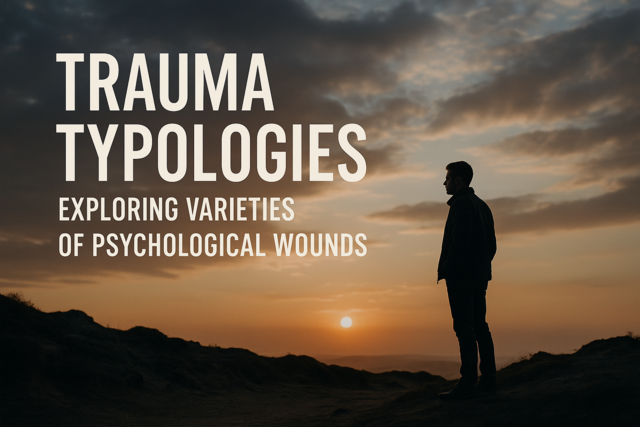 7 hours
0.7 CEUs
Trauma Typologies: Exploring Varieties of Psychological Wounds
+ More Info
7 hours
0.7 CEUs
Trauma Typologies: Exploring Varieties of Psychological Wounds
+ More Info
-
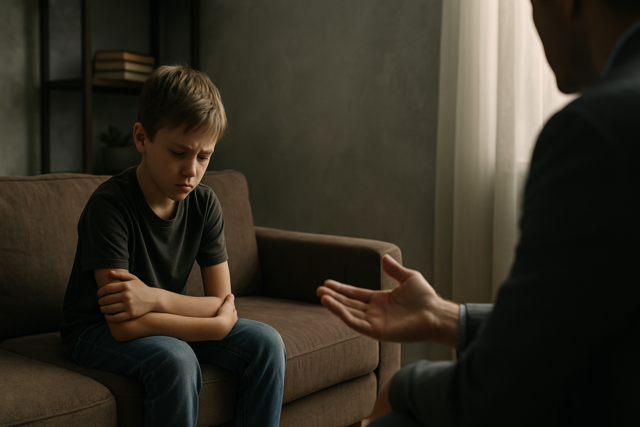 5 hours
0.5 CEUs
Childhood Trauma: Long-term Effects and Interventions
+ More Info
5 hours
0.5 CEUs
Childhood Trauma: Long-term Effects and Interventions
+ More Info
-
 3 hours
0.3 CEUs
Budgeting and Financial Planning
+ More Info
3 hours
0.3 CEUs
Budgeting and Financial Planning
+ More Info
-
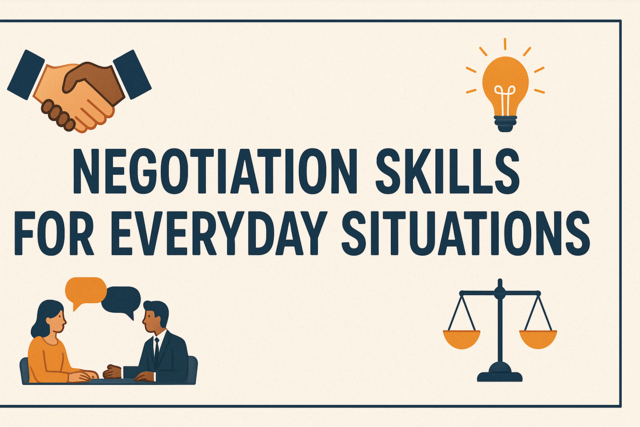 3 hours
0.3 CEUs
Negotiation Skills for Everyday Situations
+ More Info
3 hours
0.3 CEUs
Negotiation Skills for Everyday Situations
+ More Info
-
 7 hours
0.7 CEUs
Effective Communication Skills for Everyday Life
+ More Info
7 hours
0.7 CEUs
Effective Communication Skills for Everyday Life
+ More Info
-
 6 hours
0.6 CEUs
Introduction to Minimalist Living
+ More Info
6 hours
0.6 CEUs
Introduction to Minimalist Living
+ More Info
-
 6 hours
0.6 CEUs
Creating a Work-Life Balance
+ More Info
6 hours
0.6 CEUs
Creating a Work-Life Balance
+ More Info
-
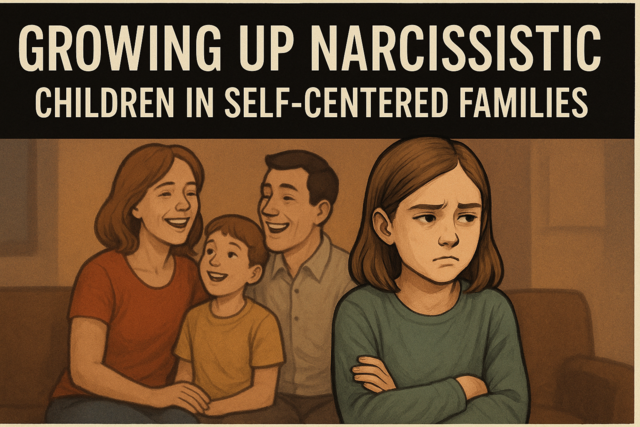 3 hours
0.3 CEUs
Growing Up Narcissistic: Children in Self-Centered Families
+ More Info
3 hours
0.3 CEUs
Growing Up Narcissistic: Children in Self-Centered Families
+ More Info
-
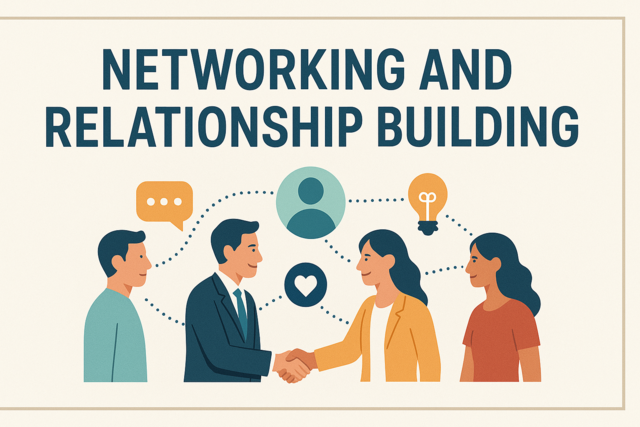 3 hours
0.3 CEUs
Networking and Relationship Building
+ More Info
3 hours
0.3 CEUs
Networking and Relationship Building
+ More Info
-
 6 hours
0.6 CEUs
Digital Literacy and Security
+ More Info
6 hours
0.6 CEUs
Digital Literacy and Security
+ More Info
-
 7 hours
0.7 CEUs
Travel Planning and Safety Skills
+ More Info
7 hours
0.7 CEUs
Travel Planning and Safety Skills
+ More Info
-
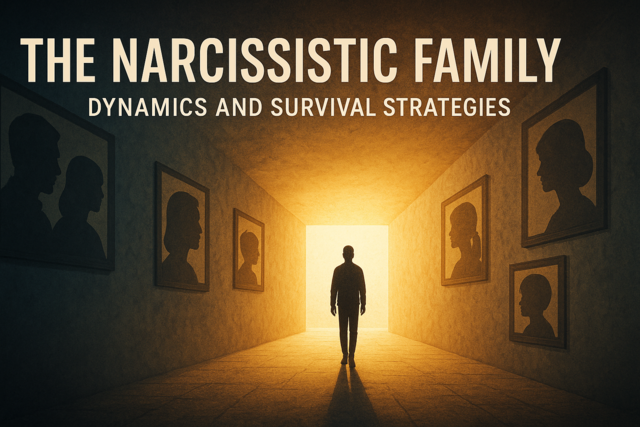 5 hours
0.5 CEUs
The Narcissistic Family: Dynamics and Survival Strategies
+ More Info
5 hours
0.5 CEUs
The Narcissistic Family: Dynamics and Survival Strategies
+ More Info
-
 5 hours
0.5 CEUs
Developing a Growth Mindset
+ More Info
5 hours
0.5 CEUs
Developing a Growth Mindset
+ More Info


